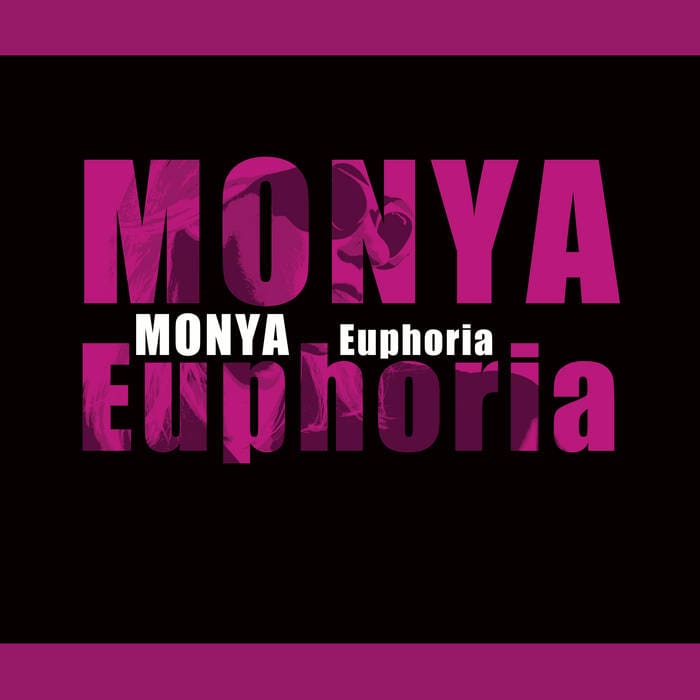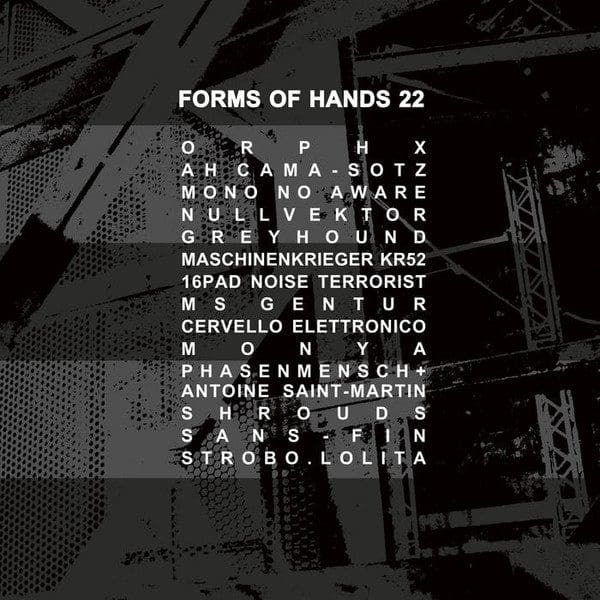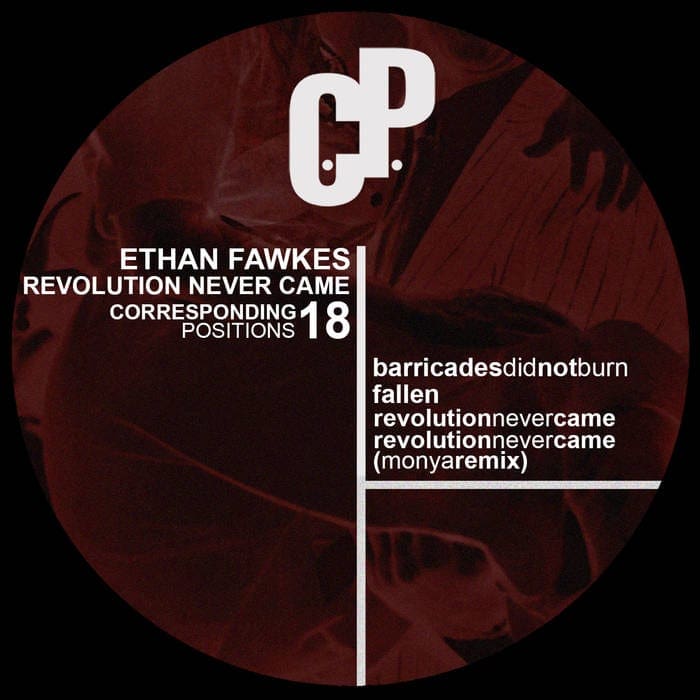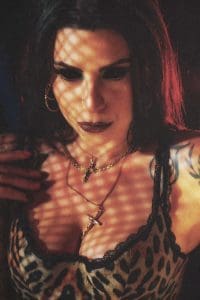Monya interview: ‘Promoters Should Recognize Real Talent Over Just Marketing Appeal’
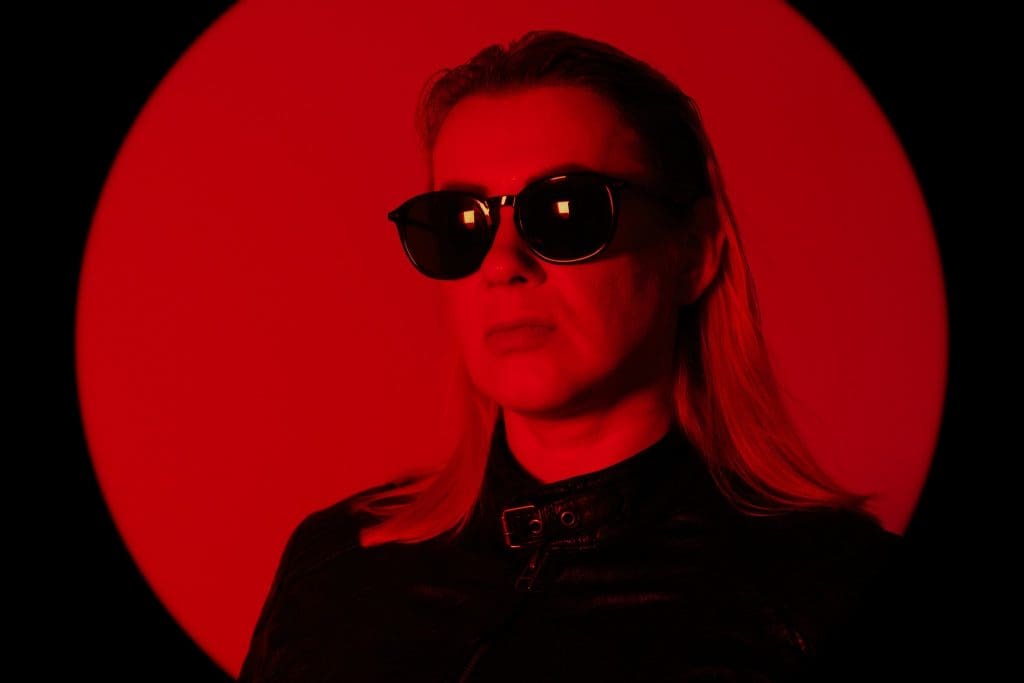

Monya
Monya Cperski, known simply as Monya, is a Polish artist making waves in the Industrial-Techno music scene. Alongside her musical endeavors, she founded the Corresponding Positions label, further showcasing her dedication to the craft. After relocating to Berlin, the city’s vibrant culture significantly shaped her artistic development. Monya began releasing her first productions and soon connected with the renowned Industrial label Hands. This year, she unveiled her third full-length album, “Euphoria”, which features a bold and uncompromising fusion of Industrial and Techno. The album also includes more nuanced tracks, reflecting Monya’s evolution as an artist. “Euphoria” stands out as a powerful production from a passionate woman who knows exactly what she wants to express. (Picture credits by Keyi Studio / Interview courtesy by Inferno Sound Diaries)
Q: How did you first discover the Industrial-Techno scene, and what inspired you to start creating your own music?
Monya: I’ve been fascinated with Industrial-Techno from the very beginning. I may not have been deeply into Industrial music in its earliest days, but over time, I became more and more immersed. My real breakthrough came when I discovered the Hands label -that’s where my story truly began.
Q: You lived in Berlin, a city often called the ‘Mecca’ of Electronic and Techno music. How did the city’s vibrant club scene and community influence your career and development as a musician?
Monya: I left Berlin five years ago, but it had a huge influence on my music. From the start of my career, I met many incredible artists. If you attended the ‘right’ events in Berlin, you’d encounter the ‘crème de la crème’ of your favorite producers. Some of them even became friends. My first significant gig was at Tresor Berlin in 2012, which was an amazing way to kick off. After that, I played at Tresor regularly and became more recognized in Berlin, leading to more gigs at other renowned clubs in the city. I also got the chance to collaborate with some legendary artists I admired at the time. I have great memories of those pre-Instagram days -it was a special time for my journey, and it all started at Tresor.
Q: Your third album was released this year, but you seem to focus more on EPs. How do you approach working on an album versus an EP, and do you think the album format has a future in an era dominated by streaming and playlists?
Monya: I believe albums leave a lasting impression. There are still many fans who appreciate holding vinyl or CDs in their hands. Albums allow for deeper expression; they give artists more space to explore emotions, styles, and possibilities. An album can tell a broader story than an EP, which is often more concise.
Q: Let’s talk about your latest album, “Euphoria”. How did the concept come together? What were your main sources of inspiration, and were there any specific references you drew upon during the mixing and production process?
Monya: “Euphoria” is an exploration of sound, driven by my passion for music and my desire for new and diverse sonic experiences. It represents the euphoria of life, of music, and the excitement before a great party. With this album, I was able to experiment and blend different styles -it all flowed naturally from me.
Q: Can you share a bit about your home studio setup and creative workflow? What were the key steps in bringing “Euphoria” to life?
Monya: Right now, I use Ableton as my DAW, and I work with synthesizers like the Analog Rytm, Korg Minilogue, a small modular crusher from Error Instruments, the Uno Pro X, and I use the Sherman Filter for effects. I always start with one central sound, a ‘mother sound’, and build the track around it. My best tracks are usually created in a single day. If I have to work on a track for weeks, it’s often a sign it won’t come together. The best results come when I can develop an idea progressively and intuitively.
Q: The Electronic music scene, like many others, has a noticeable gender imbalance. What are your thoughts on this, and have you noticed any differences in how you’re treated compared to your male peers?
Monya: Yes, there are definitely more male artists out there, but in recent years, we’ve seen more women stepping up. Unfortunately, many talented female artists are overshadowed by the focus on younger, Instagram-centric acts who market themselves based on image rather than music. I hope this is changing, and that true artistry is coming back into the spotlight. I also hope promoters start recognizing real talent over just marketing appeal. Men still seem to be taken a bit more seriously, which can be a challenge for women in the scene right now.
Q: What are your upcoming plans and projects?
Monya: Right now, I’m focusing heavily on my live performances, which are my true passion. I also have plans for some new releases. My goal is to continue pushing the boundaries of my live shows and discover new ways to perform better and better.
Listen to “Stimme”:
https://handsofficial.bandcamp.com/track/stimme
Since you’re here …
… we have a small favour to ask. More people are reading Side-Line Magazine than ever but advertising revenues across the media are falling fast. Unlike many news organisations, we haven’t put up a paywall – we want to keep our journalism as open as we can - and we refuse to add annoying advertising. So you can see why we need to ask for your help.
Side-Line’s independent journalism takes a lot of time, money and hard work to produce. But we do it because we want to push the artists we like and who are equally fighting to survive.
If everyone who reads our reporting, who likes it, helps fund it, our future would be much more secure. For as little as 5 US$, you can support Side-Line Magazine – and it only takes a minute. Thank you.
The donations are safely powered by Paypal.

